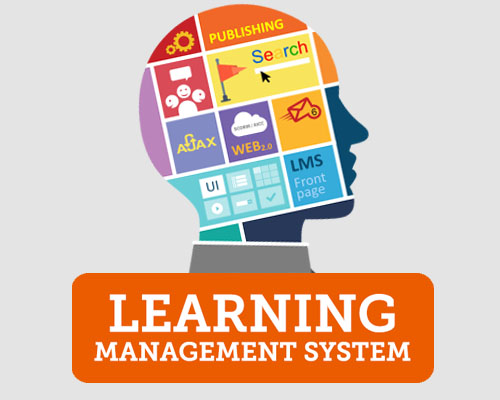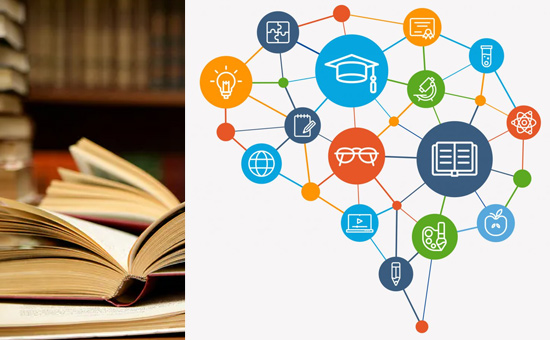Tracking the impact of learning management systems in education

The educational sector is undergoing a crucial period. Unfortunately, in March 2020, procedures that were central to the sector turned out to be obsolete, leading stakeholders to doubt the validity of the current educational paradigm.
When the pandemic arrived, the stand-and-deliver paradigm of schooling suffered. Education, which for millennia had been the lowest experiment sector, saw a tectonic transformation when learning moved online. Children were given the freedom to learn outside of their textbooks, and teachers started experimenting with new methods of instruction. There was an increase in parent involvement in their child's academic trajectory.
Extending beyond online education
The learning management system is an improved method of delivering online education. If the future appears to be extremely competitive, relying solely on an online medium, such as video conferences, is insufficient. Rather, it is necessary to implement a system that makes online education relevant, provides meaningful learning experiences, and aids teachers in delivering better lectures. The education industry has required a learning management system for a very long time. The growth of students' learning is inversely correlated with the calibre of the instruction they receive in school. Whether it was for the better or worse, the COVID-19 epidemic accelerated the speed of development and put it on the fast track, which was something that needed to be done decades ago.
The learning management system in education provides top-notch digital content and helps teachers build their teaching skills. Additionally, it gives kids the chance to engage in experiential learning, aids teachers in providing individualised attention to every student, and empowers vulnerable students. Over 1.5 billion pupils worldwide have been harmed by the disruption of classroom-based learning, with 430 million of those students living in South Asia, according to estimates from UNESCO.
The ongoing epidemic has presented school authorities with a never-before-seen challenge to address information and communications technology infrastructure and systems and teacher capacity building in an efficient manner. Students from vulnerable groups have been negatively impacted, such as low-income households or isolated rural locations. However, the learning management system (LMS) in education has provided students with high-quality instruction in remotest of places in India
LMS guarantees student learning growth through: Improved student results
- accelerated education
- streamlined instruction Skilled instructors
- improved communication between parents and educators
- versatility in learning
Innovation in education is definitely considered as fixing a real problem in a novel, straightforward approach to promote equal learning.







